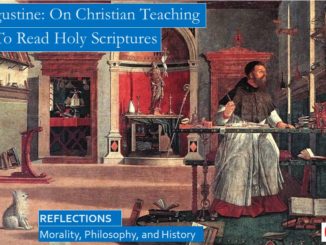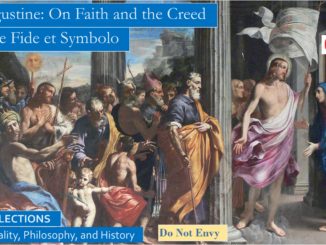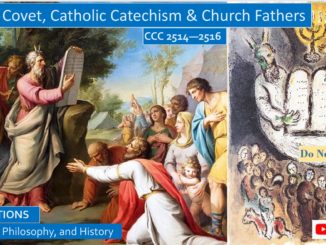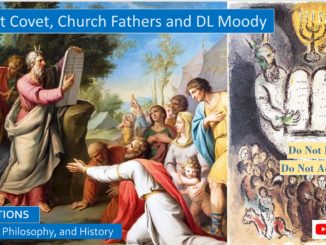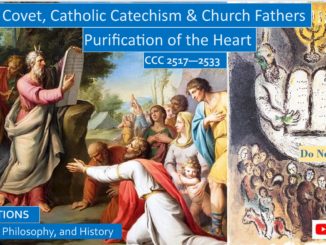
Catholic Catechism, Do Not Envy, Purification of the Heart, CCC 2517-2533
“Be simple and guileless, be like the children who are ignorant of the wickedness that ruins the life of men. Speak evil of no-one, and do not revel to anyone who speaks evil of another.” You sin when you listen to slander, when you believe the slander you become a slanderer. “Slander is evil and an unsteady demon, never peaceful, always stirring up discord.” “Practice goodness,” “give to all,” “he who gives is guiltless.” […]

